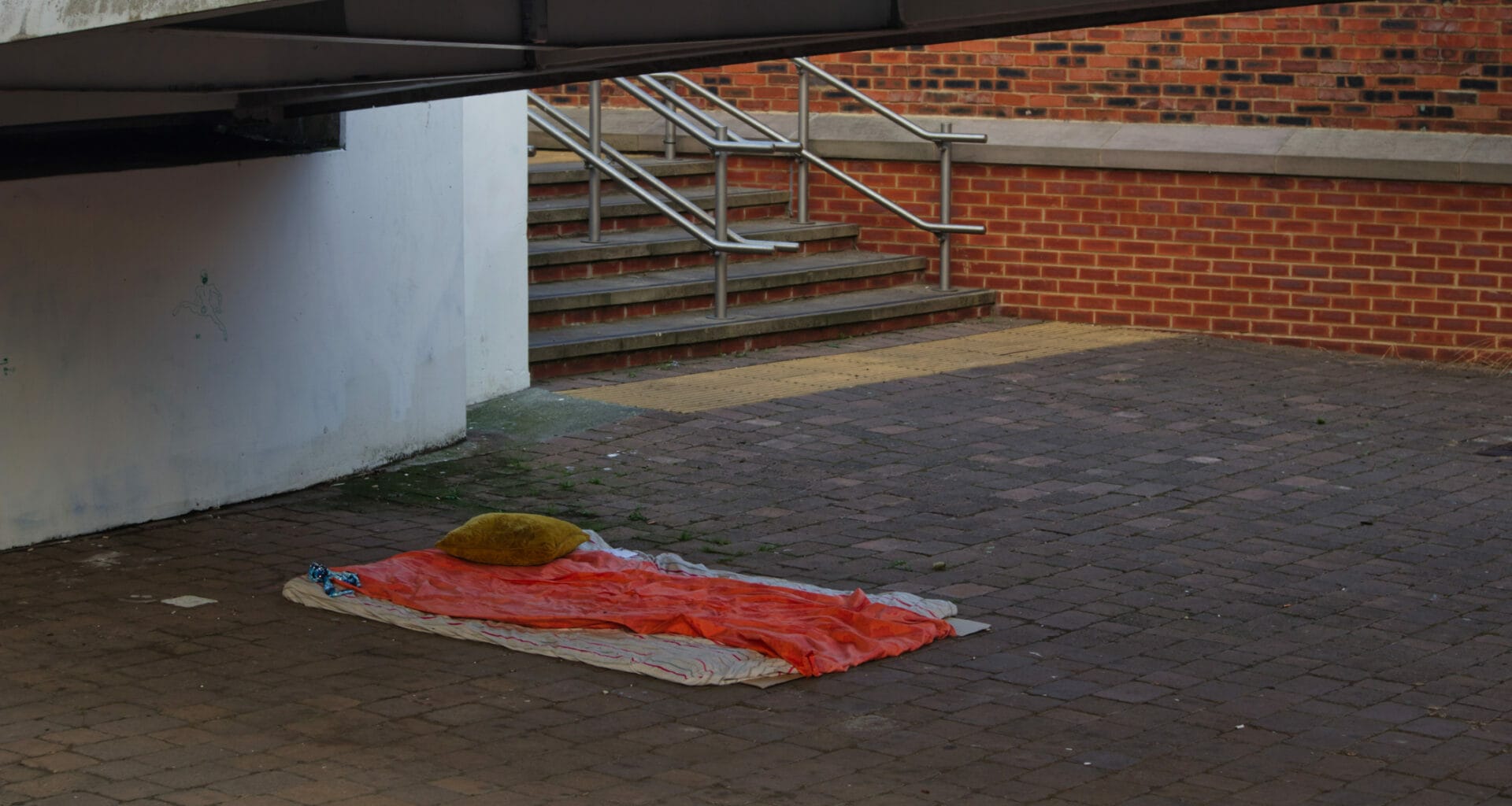The Home Office has written to refugee organisations to confirm it will reverse a policy change that saw refugees evicted from its asylum accommodation with as little as seven days notice.
The letter follows a report by The Ferret in December revealing dozens of refugees were forced to sleep on the streets of Scottish towns and cities because no alternative accommodation could be found in time. Those impacted were evicted before being granted papers that would allow them either to work or claim benefits.
The homeless charity Simon Community Scotland said that on 30 November more than a third of 41 people sleeping rough in Glasgow were refugees evicted from asylum accommodation. Only three out of 16 forced to leave without anywhere to go had been housed a week later.
Charities including Scottish Refugee Council and Positive Action in Housing also said that they had dealt with dozens of calls from desperate refugees who had been given less than the 28 day notice period required. The issue, which emerged several months ago, continued all through December.
Refugee residency card required
Campaigners blamed a change on Home Office practice. Asylum seekers were previously given a 28-day “grace period” which started when they received their residency card – documenting their permission to live and work in the UK. In August the Home Office instead started the 28-day clock far earlier, when it made a positive decision on the asylum claim.
This meant refugees were often issued with a “notice to quit” their accommodation long before they had been granted residency papers, leaving them with nowhere to go and unable to either work or claim benefits. In some cases the locks were changed, or hotel key cards wiped by asylum accommodation provider, Mears.
But in a letter to organisations supporting refugees, dated 22 December, the Home Office confirmed it had backed down on the “operational change”. “A NTQ will only be issued once a person has been issued a BRP,” it said.
An individual’s support and accommodation will not end unless they have been issued with both, the letter states. Refugees should contact Migrant Help’s helpline if this does happen, it advises.
It adds: “There are also improvements in train to ensure local authorities receive early notification of those being granted and leaving Home Office accommodation.”
Local authorities should be notified without two working days of a decision, it says, but admits it is “working with accommodation providers to ensure that this is applied consistently and in a timely manner across all areas”.
Time, alongside adequate and empathetic support – not just a phone line that doesn’t pick up – need to be at the heart of our asylum system.
Annika Joy, Simon Community Scotland
However, the Simon Community said it had yet to see the impact of the change and was still seeing refugees forced to sleep on the streets.
Annika Joy, the charity’s programme director for ending destitution, said the “apparent u-turn” was welcome. But she added: “There is much more to be done to give people a fair chance at building a life in Scotland, and to reduce the risk of homelessness for refugees.
“What matters when people get their decision is that the approach to the next stage of their journey is humane and person centred. Time, alongside adequate and empathetic support – not just a phone line that doesn’t pick up – need to be at the heart of our asylum system.
“Until that’s the case, we, along with our partners in the sector, will continue to call for wholesale reform so that no one who seeks sanctuary in Scotland faces rough sleeping.”
Graham O’Neill, policy manager of Scottish Refugee Council, also welcomed the decision but agreed that the impact was ongoing. The number of referrals to the charity’s refugee services have doubled, he said, but housing remains in short supply.
He also claimed that the 28-day notice period was “still an incredibly short amount of time to be given for people who have received their refugee status to find a new place to live”. Refugees usually have to wait at least 35 days to receive Universal Credit after applying for the first time, which they can only do once they receive their papers.
“People awaiting their asylum decision are not allowed to work, and as decisions can take months if not years, they will have had no opportunity to earn money and save for a deposit or rent,” O’Neill added.
“We urge central, devolved and local government to address the fundamental problem here of an acute lack of social or affordable private housing, which is a housing emergency in Glasgow, Edinburgh and many parts of the UK. People from all communities are affected by this.”
Image thanks to Istock/Philip Silverman














